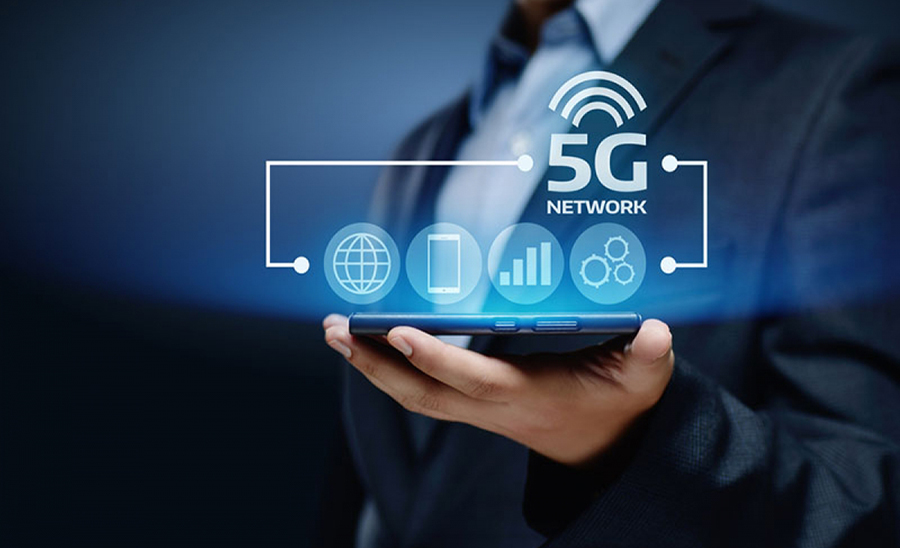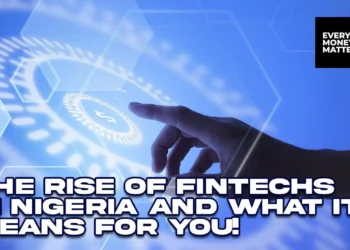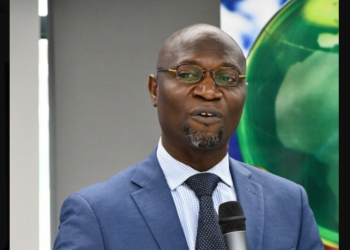Some time ago, we tried to debunk some myths about the 5G network being the cause of many health challenges, including the current pandemic. But we did not address the benefits to the increasing emergence of digitalized experiences, or the tech space as a whole.
Huawei’s Vice President of Corporate Strategy, Bill Genovese, in an interview, explained that the digital evolution of business models worldwide and other emerging technologies would drive the 5G adoption.
Undoubtedly, the digital evolution of industries globally is unceasing, especially in the financial services sector. The traditional banking model, which has changed forever, has been driven by new and innovative technologies, new digitally-led businesses entering the sector, and the ever-evolving needs as consumers.
According to Genovese, we are already entrenched in the next generation of financial services, an environment in which banking has shifted from a product-driven ethos to being about building a lifestyle, and we absolutely agree with this.
READ ALSO: Survey indicates bots are the next big thing Nigerian Businesses
Fintech and the 5G network
Genovese explained how the conditions that led to market evolution, such as mobile and new technology solutions in line with shifting consumer expectations, could place fintech at the top of the 5G revolution.
(READ MORE: 7 female executives under 40 in FinTech)
5G can provide faster, cheaper, and better services for more people, but it’s possible only through the adoption of mobile and digital next-generation financial services that will apply emerging technologies.

Fintech is going to drive 5G, not the other way around. 5G will enable network downloads as fast as 20 gigabits, also accelerating the ability of machines to share data. Ultimately, this means that every device in a specific urban area can be connected.
If we considered emerging markets like Nigeria where in some parts, the 3G network is lacking or it is very limited or no access to bank branches, a leapfrog into 5G would mean digital banks needing virtual tellers, virtual advisors, and micro branches, all of which would require higher bandwidth and latency.
READ MORE: Why COVID-19 is linked to 5G launch
According to Genovese, 5G is not occurring in a vacuum; rather, it is a part of a converging OS factor that fintech could be at the centre of, as consumers will always be in need of service offerings in payments, credit/lending, and deposits.
However, all this is still a long way from now. Asides from the global focus on stopping the pandemic, Coronavirus, the 5G network is still hindered from going mainstream by its inability to travel long distances or even penetrate most building structures.
























